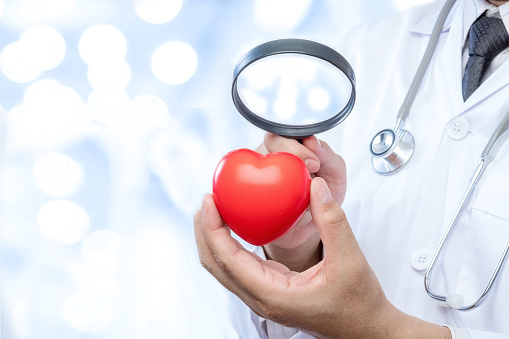When you think about February, you may think: Valentine’s Day, chocolate, love, or maybe anything that’s anti those things. But, one thing to remember this month is our HEARTS, because February is American Heart Month.
While your heart works 24 hours a day, 7 days a week, 365 days a year, how often do you think about it? And how often do you take action to protect the health of your heart? Now’s the time to really start thinking about how you can take better care of yourself.
Heart disease and other cardiovascular issues are on the rise. Many factors can contribute to health issues, but you also have ways you can be proactive about your health. You may think it won’t happen to you, but you never know.
Being informed is important. Learn warning signs and symptoms of heart-related issues. Talk to your doctor, especially if heart disease runs in your family. Start with small daily actions to help reduce or prevent your risk of developing heart problems.
Hypertension (high blood pressure) is a major issue among Americans. According to the CDC, high blood pressure affects nearly half of the adult population in the U.S. Some people are affected and don’t even know.
Uncontrolled high blood pressure can lead to heart disease and stroke. These two things are a leading cause of death in the United States. The good news is, it is treatable and preventable. Start with getting your blood pressure checked regularly.
High blood pressure can develop over time, some as a result of unhealthy lifestyle choices. Having diabetes or being overweight can increase your risks as well. Women who are pregnant can also be at risk.





